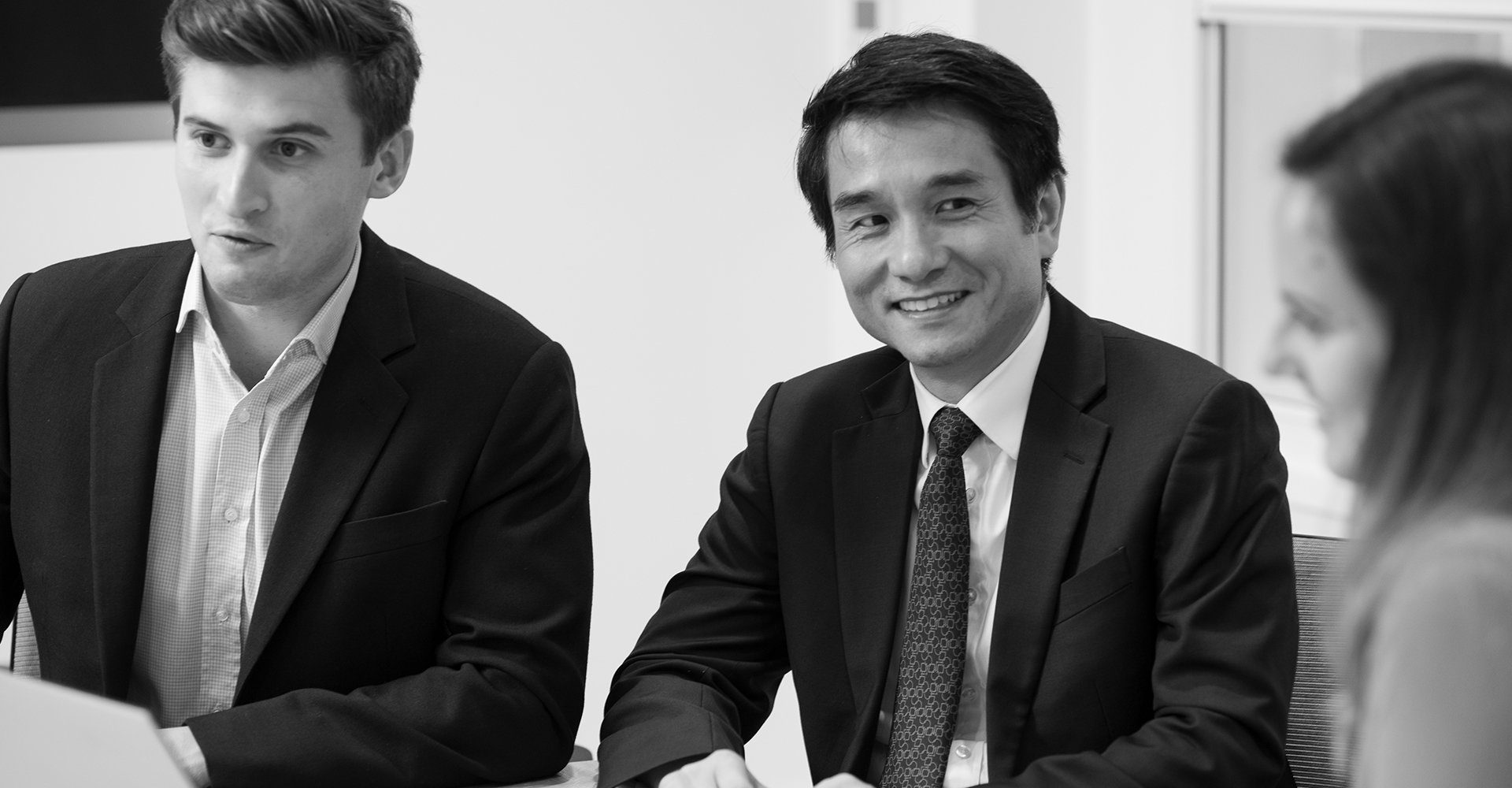5 minutes on...IP cases coming out of South Korea




Since its industrialization in the 1960s, South Korea has focused heavily on technology-based corporations and now ranks second in the world’s most innovative economies.[1]
This innovation manifests itself in a range of economic activity from manufacturing processes to semi-conductor design to digital banking. Such an open and tech-driven economy provides fertile ground for complex intellectual property related disputes to arise. Below we take five minutes to explore the causes and potential rise of intellectual property (IP) cases coming out of South Korea.
There is a high level of collaboration between South Korean companies and global industry leaders. This growing global presence gives rise to potential disputes, from complex intellectual property related claims being pursued in specialist IP courts to joint venture and partnership disputes to be resolved through international arbitration. As South Korea’s economy continues to become more global these types of disputes will likely become more frequent.
Additionally, with the economy headed into a downturn, there will be more business disputes and more pressure on companies in South Korea to preserve cash, protect their assets and generate more revenue.
The complexity of intellectual property disputes often leads to time-consuming and costly litigation, which can significantly impact a company’s balance sheet and cash flow. But after investing the time and money in developing intellectual property, companies are left with only one option—protect their IP assets, even if it means going to court. One of the most notable, expensive and lengthy South Korean IP disputes in recent years—concerning smartphone patent disputes between Samsung and Apple—lasted seven years.
This trend presents law firms with an opportunity to gain a competitive edge by offering their clients innovative financing solutions. This may become essential as competition for clients will likely continue to increase given the fact that the number of lawyers in South Korea is growing. While previously the government strictly limited the number of qualified lawyers admitted each year to 1,000, the number of new South Korean lawyers admitted each year has now risen to 1,700. With more competition, lawyers will look for an advantage and will be more willing to be creative in their fee structure in the reformed legal market.
Significantly, litigation funding is permitted and widely accepted in key arbitral seats, such as Hong Kong or Singapore, and litigation hubs like the US courts. Litigation funding, also known as legal finance, provides a solution for companies and their law firms who want to pursue claims and assets without taking on additional cost or risk.
Working with Burford, South Korean companies can unlock the future value of outstanding patent and trade secret disputes to advance capital. Burford has a deep bench in IP legal finance and is uniquely qualified to understand complex IP cases, with a team that includes five of the world’s top-ranked IP strategists by IAM Strategy 300.
Burford has a growing presence in Asia and has established relationships with leading firms and companies in South Korea. We look forward to earning more business there in the months and years to come.
[1] Bloomberg Innovation Index, Bloomberg. January 18, 2020